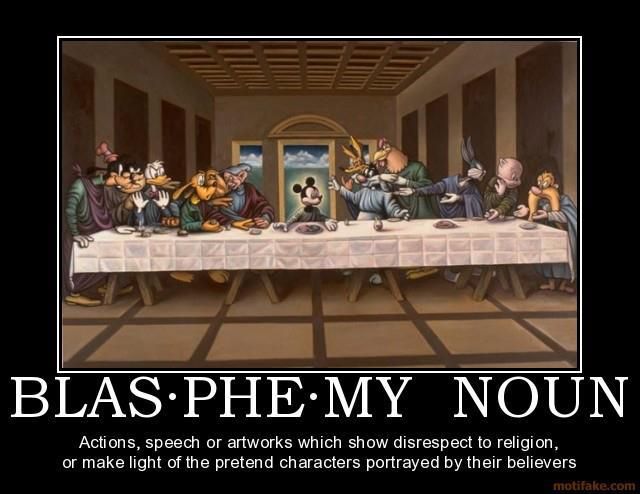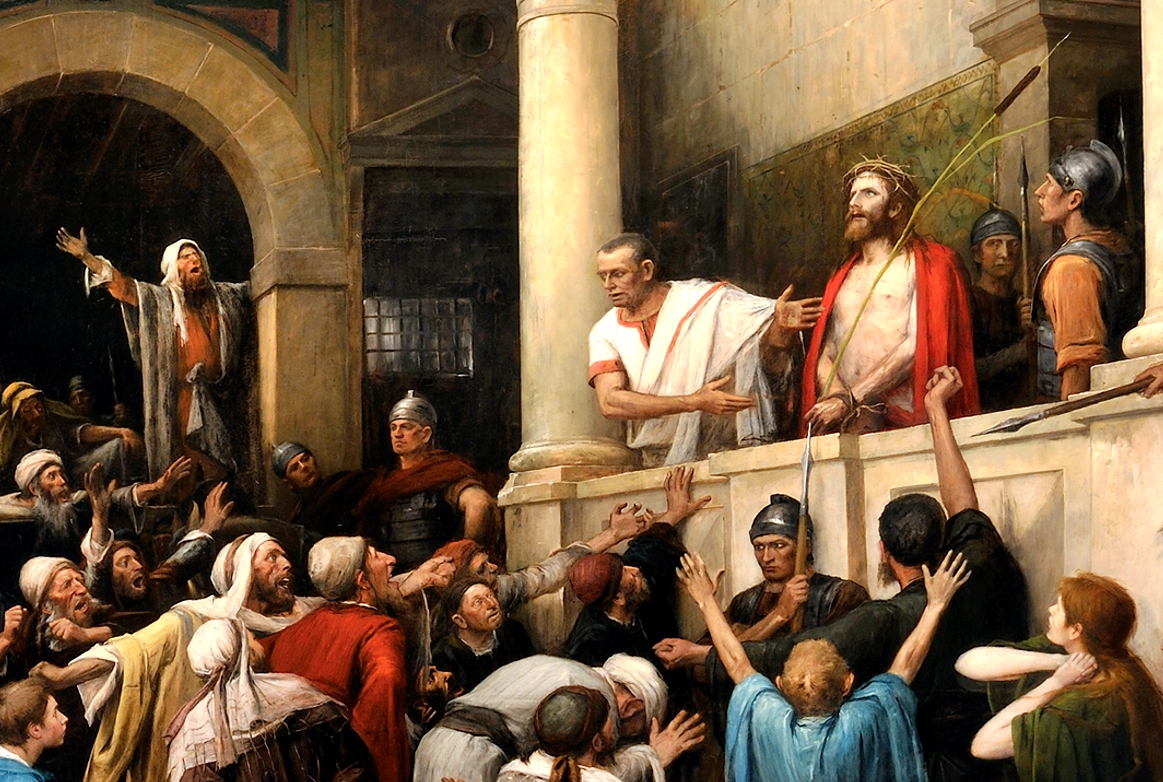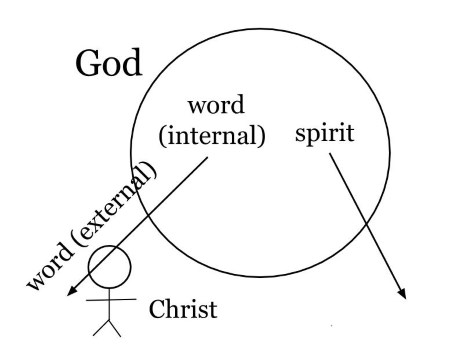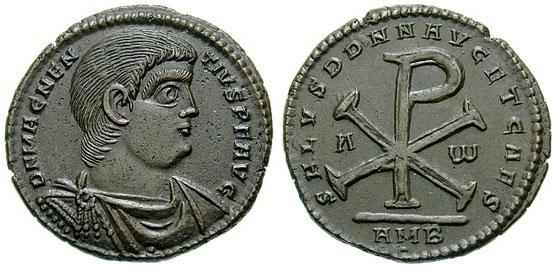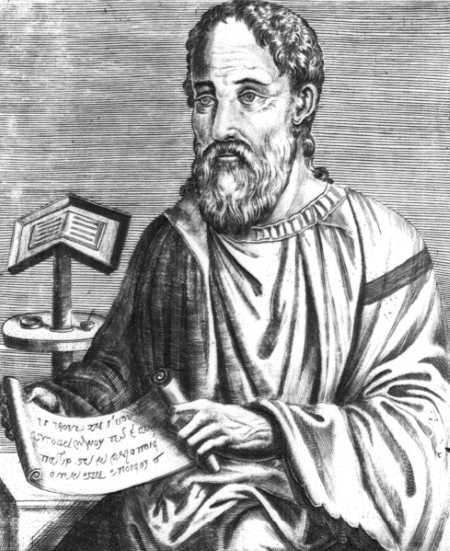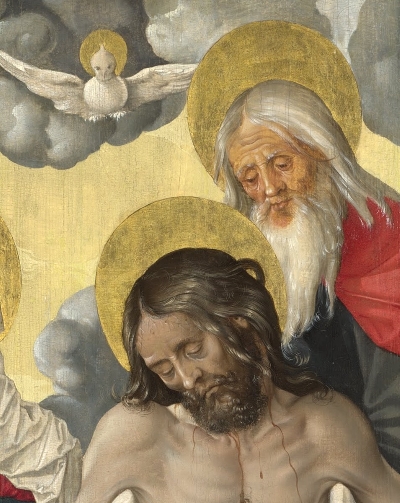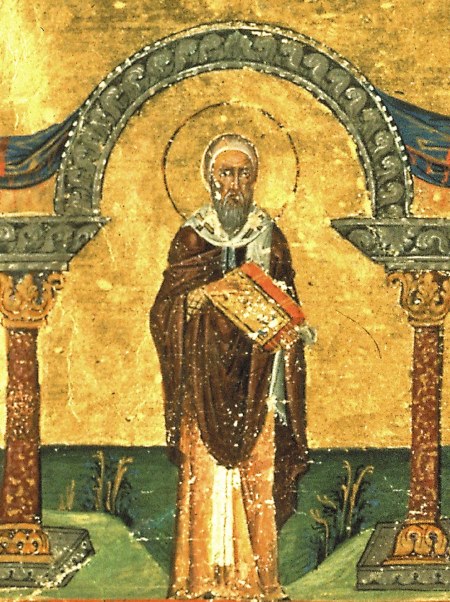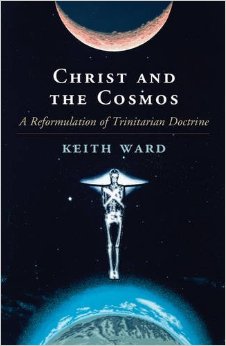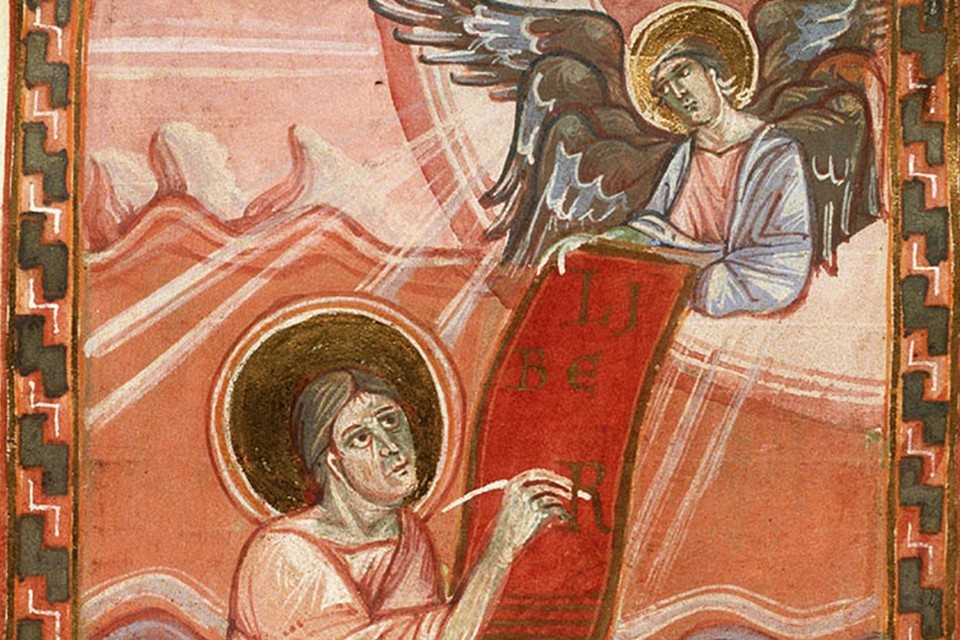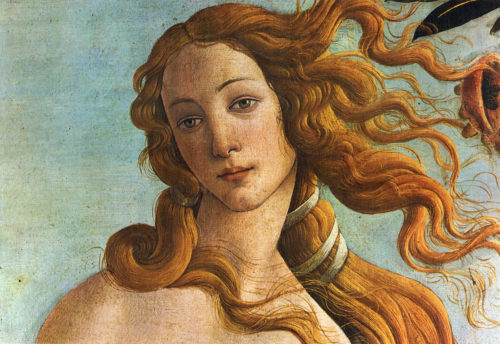podcast 176 – Photinus of Sirmium
His views seem to have been those of present-day biblical unitarians.
Pawl’s Promise
“I will host a bonfire at which I and any of you who feel inclined can come and burn our copies of this book.”
podcast 175 – Marcellus of Ancyra
Marcellus’s theology is a key to understanding the post-Nicea controversies.
10 Practical Tips for becoming a Worse Apologist
Steve Hays provides a stellar example of how not to do apologetics.
“Identifying Jesus as Yahweh” as heresy
McLatchie’s mistake about historical, mainstream Christian theologies.
podcast 174 – The First Sirmian creed (351)
In the reign of Constantius II yet another council offered language to replace Nicea…
podcast 173 – Eusebius of Caesarea
Why did Eusebius have to submit his own creed at the famous council of Nicea in 325?
podcast 172 – The Creed of the Long Lines (344)
In 344 a meeting of Eastern bishops sent a statement to the West explaining their theology.
podcast 171 – Assessing Athanasius and his Arguments
What should we think of Athanasius’s ferocious condemnations of those he termed “Arians”?
Is every Orwell an Orwell?
Can we justify a distinction between the ‘is’ of identity and the ‘is’ of predication
Do we need identity?
Sommers questions the doctrine of ‘relationism’, i.e. the view that identity is a relation…
podcast 170 – Athanasius’s On the Nicene Council – Part 2
In this episode we hear the rest (chapters 4-7) of On the Nicene Council (aka Defence of the Nicene Definition, De Decretis) by Athanasius of Alexandria.
Keith Ward Trinity symposium in Philosophia Christi
Just got this in the mail; a very thorough symposium on Dr. Keith Ward’s Christ and the Cosmos,
podcast 169 – Athanasius’s On the Nicene Council – Part 1
With this episode we continue our series on the 4th-century creed-producing councils of catholic bishops.
podcast 168 – The Death of Unitarian Congregationalism
How and why did American Unitarian Congregationalism die?
podcast 167 – Lamson’s History of The Unitarian Congregationalists
In this episode we hear a voice from 1852 describing a lost species of American Christianity:
